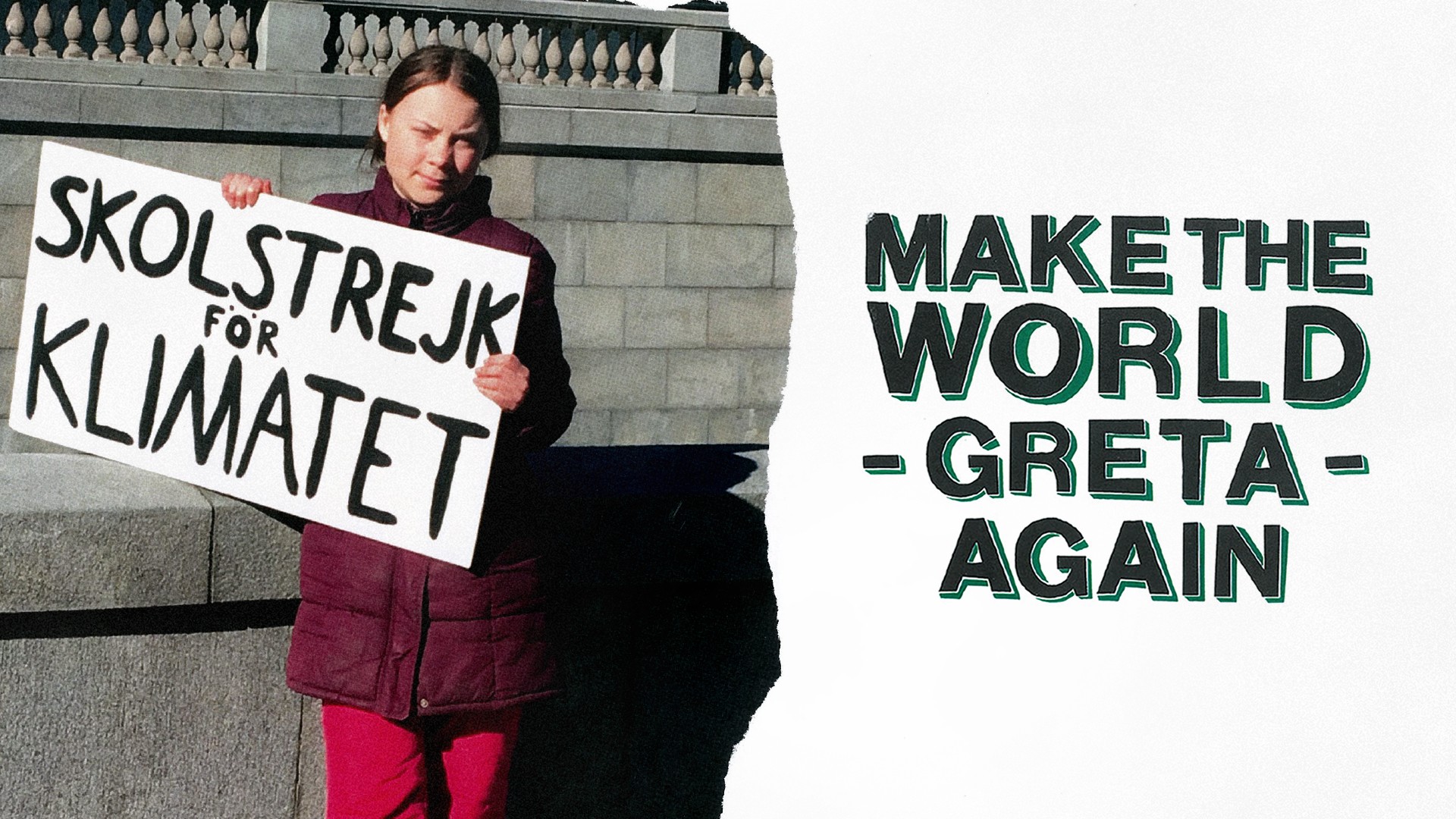Dear So Sad Today,I hear so many stories about people who find liberation from what makes them suffer through doing what they love (a lawyer who pursues their dream of becoming a dancer, you pouring your thoughts into writing, etc).I too, want to make a deeper commitment to the things I love, and if I'm being honest, I have so many. But I'm scared. Scared that people will judge me for the things that I love, scared that when I finally put myself out there, no one will give a shit and the lack of validation will make me end up hating what I do because now it feels pointless. But I think the biggest fear of all is I’m afraid that the things I love will erode the foundations of the things that "torment" me but I need (like financial stability, the comfort zone and shit).
Advertisement
Sincerely,Forbidden LoveDear Forbidden Love,Doing what we dislike is hard. Doing what we love is also hard. The idea that there is a path of eternal liberation, wherein we are permanently freed from what binds us—namely, our human condition—is a dream that people have chased for eons. It is why people do drugs, make art, join cults. But even some of the greatest spiritual teachers report that they have only tasted glimpses of that kind of freedom—that they haven't found the pill or the panacea to permanently “cure” them of their humanity. I think that anyone who does claim to have “the way,” or that the way is only one way, is probably suspect.In Commentaries on Living 3, Jiddu Krishnamurti says, “You are struggling to find something away from life. You are serious about achieving a goal, an end, which you call God… Perhaps there is no such thing as finding God first, and then living; it may be that God is to be found in the very understanding of this complex process called life.”In other words, there might not even be some “thereness” that we should be aiming for—some grand action or escape, some elusive place where we ever feel completely whole—but a series of practices: some boring, some exciting, some close to the heart, and some annoying. These practices might also be called life.When it comes to pursuing the things we love, I’ve found that it’s easier when I don’t load them up with a “this will deliver me from my suffering” expectation. I’m much more comfortable beginning something when I am focused on the doing, rather than tethering myself to a big expectation of outcome. Maybe the best we can ever do is just to take actions and let go of the results.
Advertisement
Of course, I know from my own desperate clinging to dreams that it’s hard to surrender expectation. I would tell you to try and “let go” of expectation, but what does “let go” even mean? I’m definitely not a person who lets go easily. Usually, I have to endure the pain of being dragged before I finally surrender my little plans and designs. My unwillingness to let go is often rooted in expectation, or at least, my desire to return to a pleasurable state of being that an activity once produced before. When I imbue any activity with this much pressure, it’s probably going to suck—that is if I even get around to doing it. One thing that expectation can lead to, for me, is procrastination.Over time, I’ve had to develop little tricks to distract myself from artistic perfectionism, the need for total creative control, and the pursuit of a particular end result. When writing, one of my tricks is to write in places where I’m not “supposed” to be writing (on the subway, hiding in bathroom stalls at parties, dictating into my phone while driving). If I am writing at a desk, the significance of my undertaking becomes way too filled with pressure. But when I’m “sneaking” the writing, I feel more of a sense of play. Playfulness is important in the act of creation.Another trick for me is to challenge my own grandiosity by focusing on the smallest of goals. I’ve found much more success in making micro-movements than in setting massive, sweeping goals with outlandish expectations. I don’t set out to write thousands of words a day. Rather, I aim to write three paragraphs a day for a series of weeks. I don’t think about any audience reaction to a first draft. I write for myself at first and worry about the perception of others when I edit later.
I’m definitely not a person who lets go easily. Usually, I have to endure the pain of being dragged before I finally surrender my little plans and designs. My unwillingness to let go is often rooted in expectation, or at least, my desire to return to a pleasurable state of being that an activity once produced before. When I imbue any activity with this much pressure, it’s probably going to suck—that is if I even get around to doing it. One thing that expectation can lead to, for me, is procrastination.Over time, I’ve had to develop little tricks to distract myself from artistic perfectionism, the need for total creative control, and the pursuit of a particular end result. When writing, one of my tricks is to write in places where I’m not “supposed” to be writing (on the subway, hiding in bathroom stalls at parties, dictating into my phone while driving). If I am writing at a desk, the significance of my undertaking becomes way too filled with pressure. But when I’m “sneaking” the writing, I feel more of a sense of play. Playfulness is important in the act of creation.Another trick for me is to challenge my own grandiosity by focusing on the smallest of goals. I’ve found much more success in making micro-movements than in setting massive, sweeping goals with outlandish expectations. I don’t set out to write thousands of words a day. Rather, I aim to write three paragraphs a day for a series of weeks. I don’t think about any audience reaction to a first draft. I write for myself at first and worry about the perception of others when I edit later.

Advertisement
These micro-movements might also be helpful in assuaging your fear that if you pursue what you love, you’ll damage your ability to take care of yourself. You don’t have to “become” something else overnight. You’d be surprised how much you can learn, and how rich your life can become, simply by adding one class, workshop, or group per week in the area of your passion—while maintaining whatever it is you do to keep a roof over your head.Regarding your fear of people not giving a shit, why do you have to tell anyone anything at all? Let what you love live within you first. Let it incubate. Do what you want to do without informing anyone that you are doing it. You can deal with other people later.There’s also no need to compare your insides to other people’s outsides. It may seem that others are achieving “liberation” through doing what they love, but what you may not see is the hours and hours of hard work behind it. Sometimes, there is joy and flow and peace in that hard work. Other times it is harrowing labor that feels like the opposite of freedom.Lastly, remember that your own self-doubt—your very own fear—can be useful. Fear is a universal emotion, and when we address it in our work, people tend to relate much more than to some kind of feigned bravery. There is an alchemy that happens when we infuse our fear of failure into the work itself. Sometimes, it’s the very thing the work is missing.xoSo Sad TodayGot questions for So Sad Today? Send them here.Follow So Sad Today on Twitter and buy the book here.
